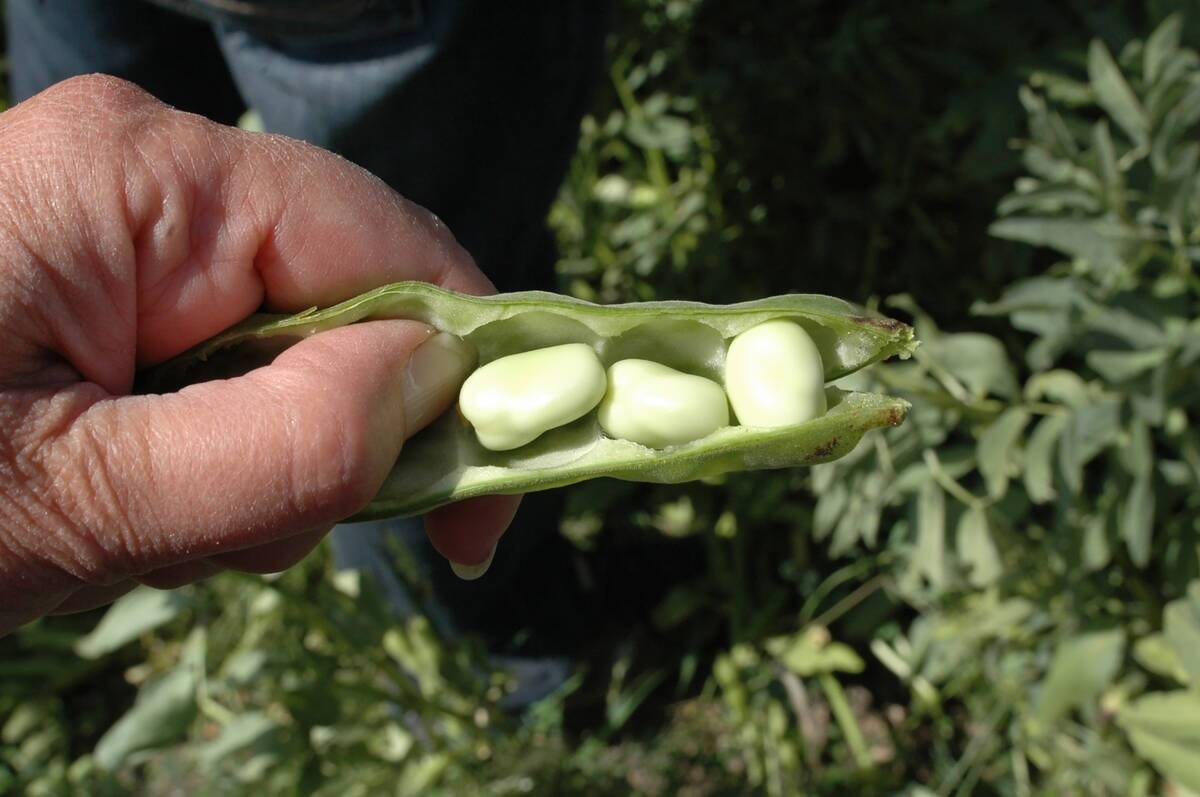I recently read The Myth of Capitalism where author Jonathan Tepper argues that if competition is a key tenet of capitalism, then it’s a myth to say the 21st-century economy is capitalistic.
Many industries lack true competition and are dominated by monopolies and oligopolies, allowing them to charge higher prices and pay lower wages.
One of the other myths, argues Tepper, is that businesses don’t like regulations.
Big companies love them as long as they have control over those regulations and can use them to raise the barrier to entry for other firms that want to compete in their space. A business with a large compliance division can easily absorb a few more regulations, but the cumulative burden of regulations is crippling for small companies. For example, big pharmaceutical companies want the drug registration process to be exceedingly onerous to keep smaller companies that manufacture generic drugs out of the picture.
Read Also

New crop insurer policy enables easier startup for faba beans
Agriculture Financial Services Corporation updated its normals for faba beans, which may open the door for more Canadian producers to feel comfortable growing the pulse crop in the future.
The Canadian Seed Growers’ Association and the Canadian Seed Trade Association are considering a merger to form one national seed organization. There are a few other organizations that are also part of this exploratory process known as “Seed Synergy,” but CSGA and CSTA are the big ones. CSGA represents 3,500 seed growers across Canada. CSTA advocates for about 130 businesses engaged in seed research, production and marketing. Its membership includes multinationals like Bayer CropScience and BASF, national seed companies like SeCan and FP Genetics, and ‘mom and pop’ seed companies owned by single farm businesses.
For much of its 115-year history, CSGA has regulated the production of seed crops, an area where it has joint jurisdiction with the Canadian government. CSGA creates and enforces the standards to which a seed crop must conform in order to be granted pedigreed status. These standards include the crop history of the land where a seed crop is grown and the maximum number of allowable off-types and weeds.
If CSGA and CSTA form one national seed organization holding this regulating authority, then companies selling the seed to farmers will have greater control over these standards. When the entity that is supposed to be constrained by the rules becomes the rule-setter it’s called regulatory capture. This is one type of behaviour that entrenches monopolies.
Regulatory capture contributes to rent seeking: The extraction of wealth without contributing value, which American investment strategist Ben Hunt defines as “setting the rules… to benefit the rule-setters over the people the rules are supposed to benefit.”
There’s a reason we don’t let auto manufacturers set the rules about vehicular safety or meat packers set the rules about food safety. And we see the costs to society when those companies are given too much leeway in self-enforcing.
You might be someone who wishes there weren’t so many rules.
However, if there are going to be rules, it matters who writes them. Maybe you think seed growers have conflicted interests when it comes to setting the rules, and you might be right. But would you be better served by handing those rules over to seed companies that are beholden to shareholders?
I’d like to say leave the rules with the seed growers because seed growers like to follow rules.
And that’s part of it. You’re not likely to last as a seed grower if you or someone in your business isn’t a nerdy rule follower because our reputation is one of our key assets.
We sell seed to our neighbours and our neighbours talk to each other — and if we’re not selling a high-quality product, they’ll find seed elsewhere. We’ve got skin in the game, but more importantly, we have competition. You can’t throw a rock around Three Hills or Bow Island or Westlock without hitting a seed grower.
This doesn’t make us altruistic, this makes us accountable.
The reason our reputation is so important to us is that we know you can go down the street and buy from someone else if we don’t live up to your expectations.
And there are low barriers to enter this business. For $500 per year and some studying up on the rules of seed production, any farm can reproduce and sell some of the most popular crop varieties currently grown in Western Canada.
We’ve all heard our elected representatives (in government and crop commissions) say, “We want to create a healthy business environment.”
To me, that means a competitive space with low barriers to entry, many buyers and sellers, and high-quality information. But many (all?) businesses want the exact opposite — they would rather be the only game in town.
But what is good for one business is not good for the business ecosystem as a whole. Just like you or I would rather not compete with other farmers on land rent or ownership, input providers, equipment makers, banks and many others don’t want to compete for your business. They would like all of it.
The seed synergy discussion might seem like inside baseball, but I believe it will have an effect on farmers.
As a seed grower, I have one foot in the farming world and the other in the seed trade world. I work closely with companies in the CSTA. I see the value it brings to the market. I see the importance of working with the seed trade on issues that affect both the growers and the trade.
I can do all this without handing over my destiny and the destiny of farmers to the seed trade.
In fact, I think the seed industry is better with two partners each maintaining a strong identity and working for clear-eyed objectives rather than one organization where these roles are dissolved and the distinction between who sets the rules and who benefits from them gets murkier.
Sarah Hoffmann is a grain farmer and manager of Alect Seeds near Three Hills.















